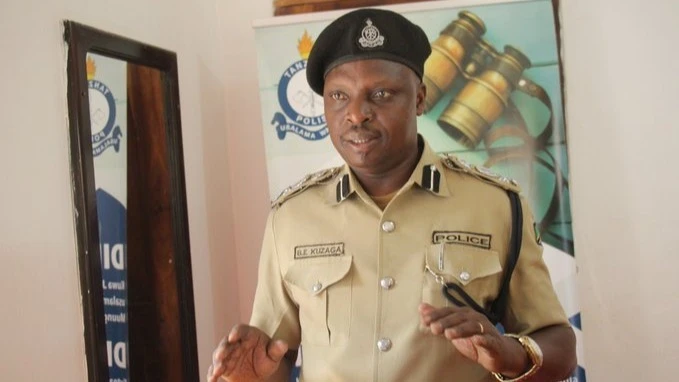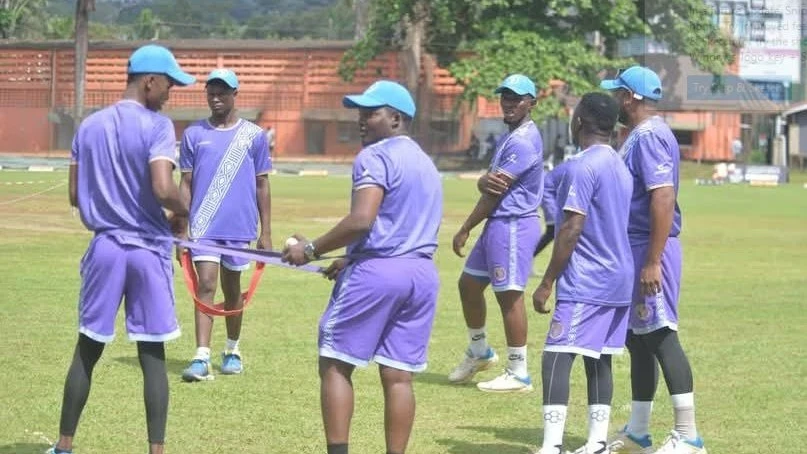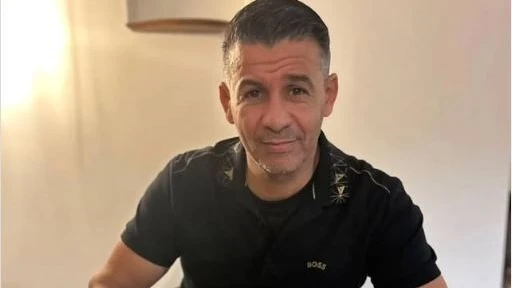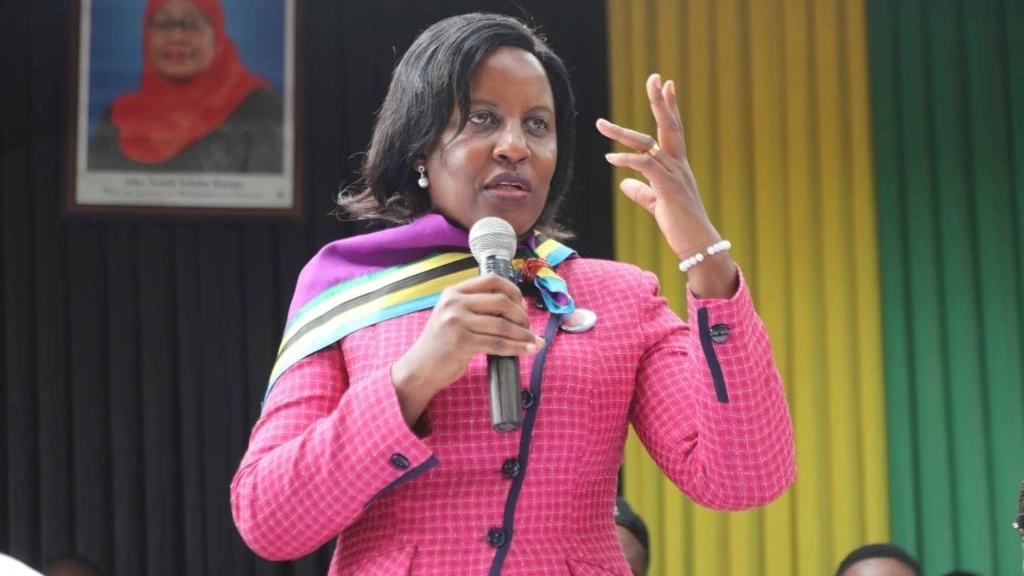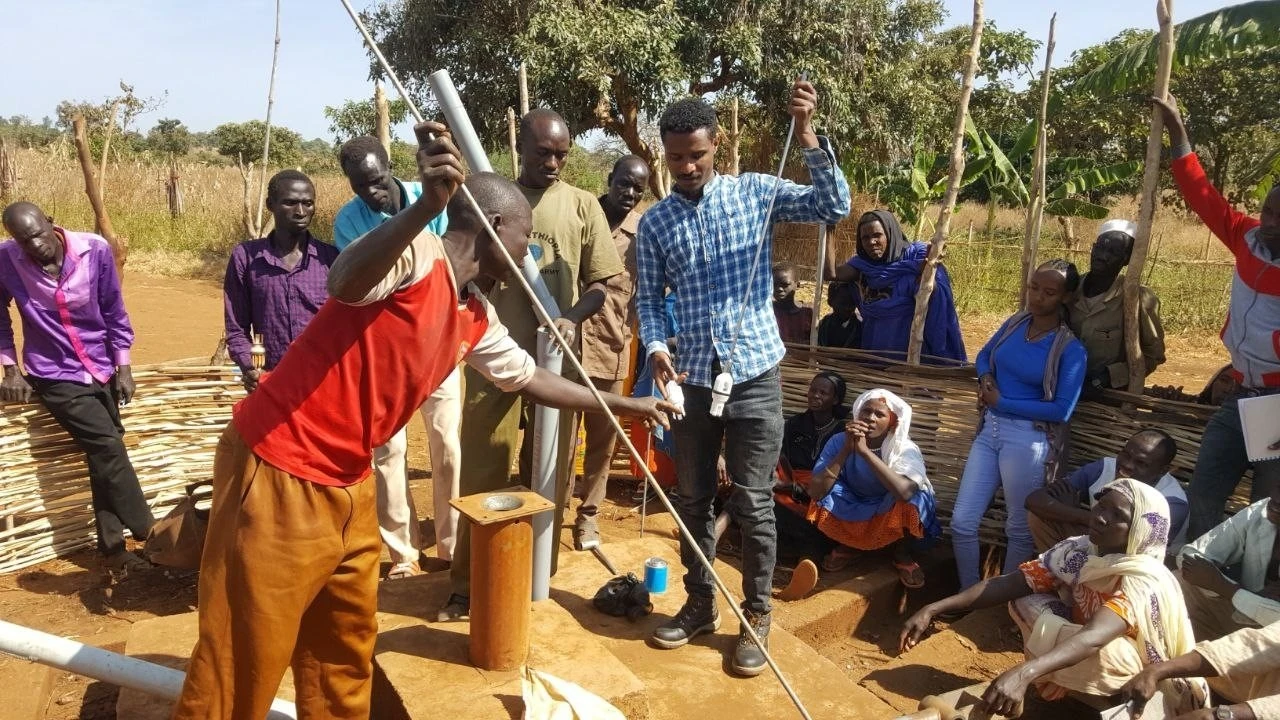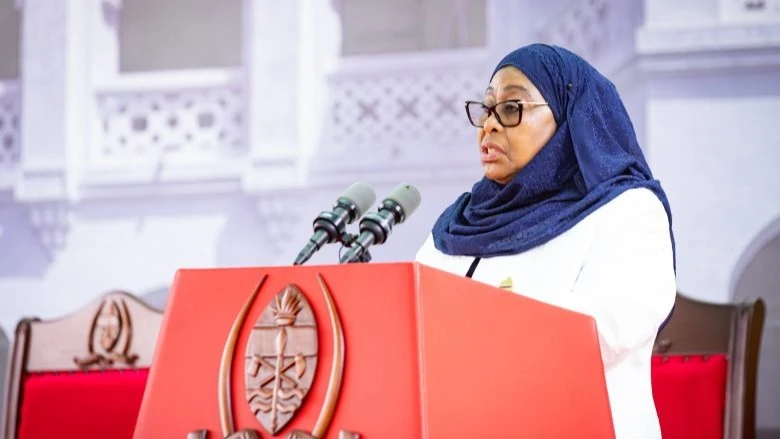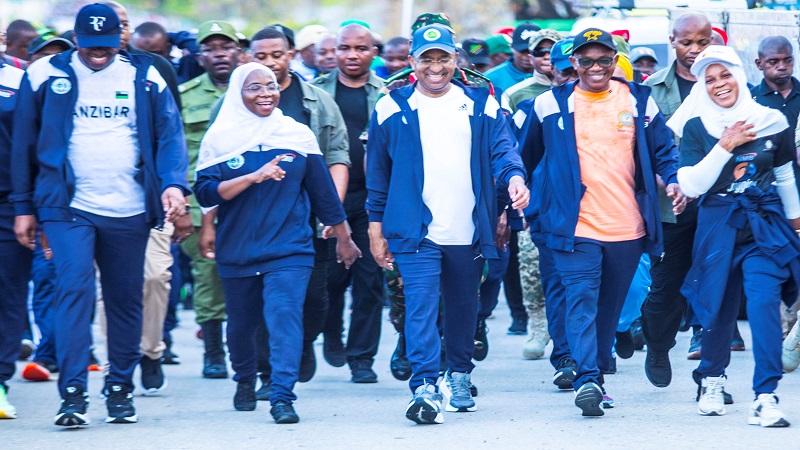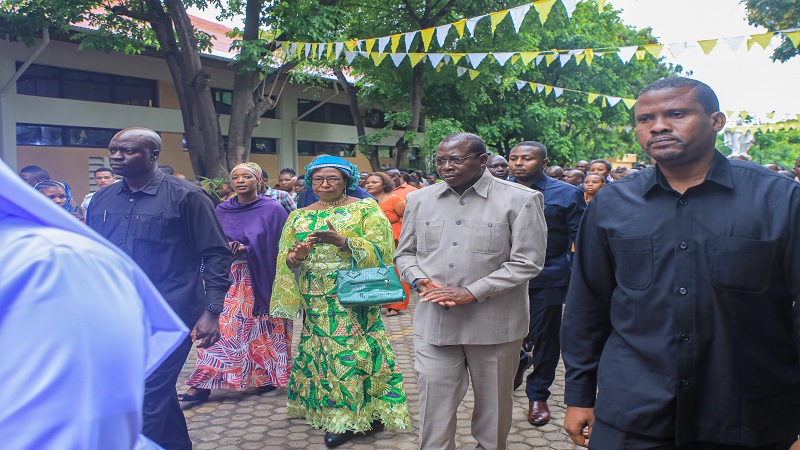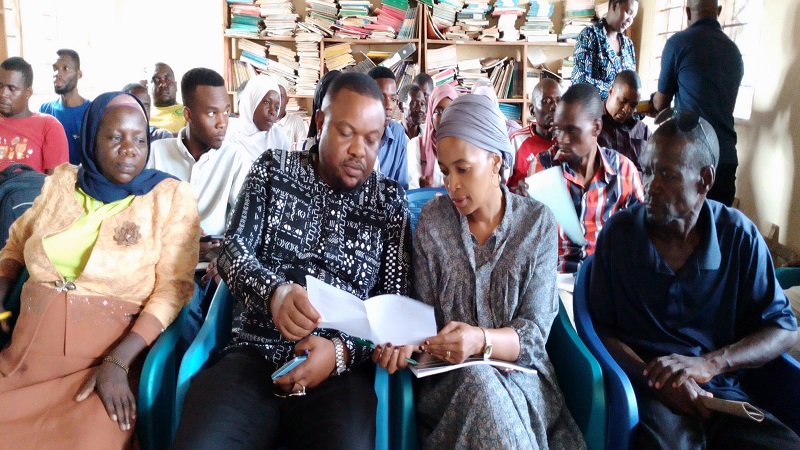Challenges faced by PWDs in accessing healthcare services
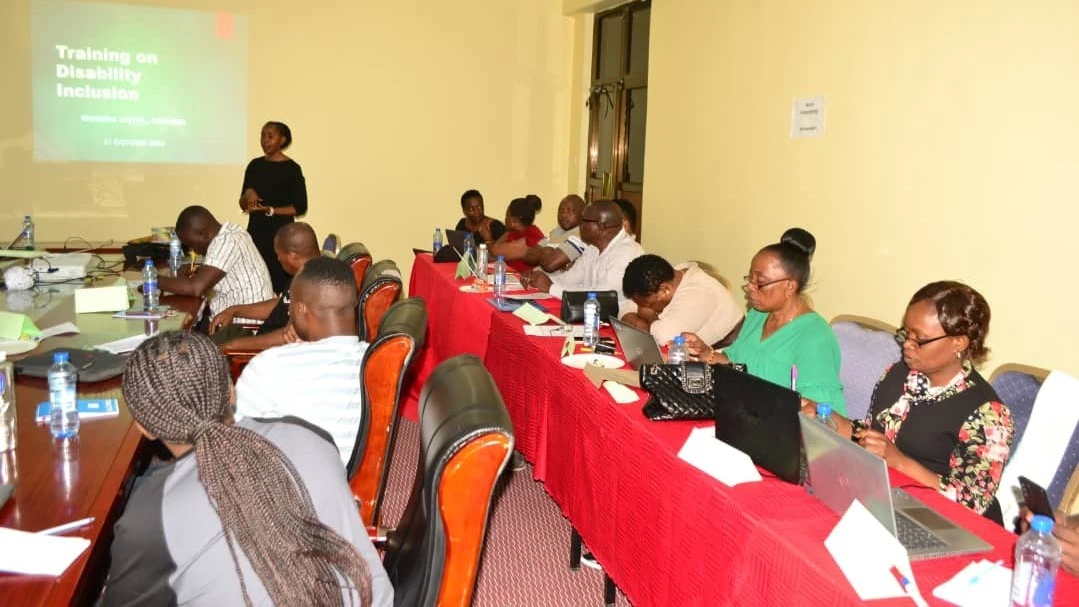
GOOD infrastructure in healthcare centers is essential for people with disabilities (PWDs) to ensure they can access and receive healthcare services safely, comfortably, and with dignity.
Healthcare centers across the country are struggling to provide quality services to people with disabilities due to numerous challenges. Most of the facilities lack essential infrastructure accommodations, including accessible stairways, specialized adjustable delivery beds, accessible toilets, and comfortable seating in waiting areas.
Accessible infrastructure—such as ramps, elevators, wide doorways, and accessible bathrooms allows PWDs to move freely and independently within healthcare facilities. This prevents the physical and psychological discomfort of having to rely on others to assist them.
Proper seating, adjustable beds, and accessible waiting areas provide comfort and uphold the dignity of PWDs while they wait or receive treatment. Good infrastructure also helps healthcare staff and caregivers in their role by providing the necessary tools and spaces to assist PWDs safely.
This lack of inclusive infrastructure at healthcare facilities limits access for those with mobility challenges and creates an unwelcoming environment.
There is also a scarcity of trained sign language interpreters to assist patients with hearing and speech impairments. This absence often results in a communication barrier between these patients and healthcare providers, making it difficult for them to receive adequate care.
Rosemary John, a visually impaired woman from Bukombe District, shared her experience with The Guardian, revealing that healthcare staffs often avoid assisting people with disabilities due to communication challenges.
Rosemary, who serves as the chairperson for the blind in her district, explained that in many health centers, disabled patients are perceived as "troublesome" or demanding, with some even experiencing harassment, particularly pregnant women with disabilities. "Nurses often call social workers to attend to us, claiming they cannot manage," she said, describing the experience as both isolating and stigmatizing.
It was only after securing funds from donors to train healthcare workers on how to attend to people with disabilities that Rosemary and others began to see positive changes in how they were treated at health centers.
Tungi Mwanjala, Deputy Chairperson for the Federation of Disabled People, known as SHIVYAWATA, shared her own life-threatening ordeal during childbirth. Due to her speech impairment, she faced significant communication barriers when she encountered complications. Without proper communication, her experience highlighted the critical need for trained staff and inclusive care during medical emergencies.
These challenges underscore the need for greater government and private sector intervention to ensure healthcare inclusivity for people with disabilities.
In response, Marie Stopes Tanzania recently organized a disability inclusion workshop in Dodoma, aimed at equipping healthcare workers with skills to better serve patients with disabilities. This training involved team leaders and outreach assistants from across the country, who learned basic sign language and strategies to overcome common barriers faced by disabled patients.
Zawadi Lubaga, Outreach Lead at Marie Stopes Tanzania, noted that the training is part of an initiative to extend healthcare services to remote areas, ensuring that people with disabilities have access to essential healthcare, including family planning and preventive care. This training followed a study conducted in collaboration with the Ministry of Health, which identified skill gaps among healthcare workers in serving patients with disabilities.
Shida Masumbi, a nurse and outreach team leader from Kishapu, noted that the training has reshaped her perspective on serving disabled patients.
"The training has helped me understand and address the myths and misconceptions around disabilities. Now, I am more aware of the specific challenges people with disabilities face, from communication barriers to transportation issues," she said.
The government is also taking steps to address these challenges. According to Wambura Kizito, Acting Director for Persons with Disabilities in the Prime Minister’s Office, the government recognizes the obstacles people with disabilities face and is working to improve services across health centers nationwide. At the national level, policies, laws, and guidelines are being developed to create a more inclusive healthcare system.
"Communication barriers have often led to serious errors in the health sector, including cases where patients received incorrect treatment due to misunderstandings," said Kizito. He emphasized the importance of patient privacy and the need for healthcare staff to communicate effectively with all patients, without requiring third-party assistance.
According to the 2022 Tanzania Population and Housing Census, nearly 5 million people in the country live with some form of disability. Improving accessibility and inclusivity in healthcare is essential to ensure that these individuals receive the quality care they need and deserve.
Top Headlines
© 2025 IPPMEDIA.COM. ALL RIGHTS RESERVED











